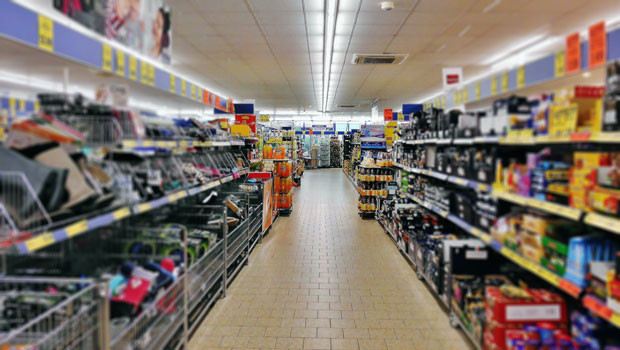UK consumer price inflation falls to 2.3% in April

Consumer price inflation fell less than expected in April, according to figures released on Wednesday by the Office for National Statistics, dashing hopes of a summer rate cut.
Consumer price inflation dropped to 2.3% from 3.2% the month before, hitting its lowest level since July 2021 and edging closer to the Bank of England’s 2% target. However, it was above the 2.1% expected.
The easing reflected large downward effects from gas and electricity after Ofgem lowered the energy price cap in April. Ofgem estimated that for an average household paying by direct debit for dual fuel, this equated to £1,690, a fall of £238 over the course of a year.
The data showed that food prices slowed to the lowest annual rate since November 2021. Prices of food and non-alcoholic beverages rose by 2.9% in the year to April, down from 4% in March. The rate has eased for the 13th consecutive month from a recent peak of 19.2% in March 2023, the highest annual rate seen for over 45 years.
However, services inflation printed at 5.9%, down from 6% in March but much higher than the 5.4% expected and above the Bank of England’s forecast of 5.5%.
Meanwhile, core inflation - which excludes energy and food prices - fell to 3.9% from 4.2%, but was above the 3.6% forecast.
ONS chief economist Grant Fitzner said: "There was another large fall in annual inflation led by lower electricity and gas prices, due to the reduction in the Ofgem energy price cap.
"Tobacco prices also helped pull down the rate, with no duty changes announced in the Budget.
"Meanwhile food price inflation saw further falls over the year.
"These falls were partially offset by a small uptick in petrol prices."
Paul Dales, chief UK economist at Capital Economics, said the smaller-than-expected fall in CPI inflation makes a June rate cut unlikely and casts some doubt over August too.
"To some extent, it also makes our forecast that rates will fall from 5.25% now to 3.00% next year look more challenging," he added.